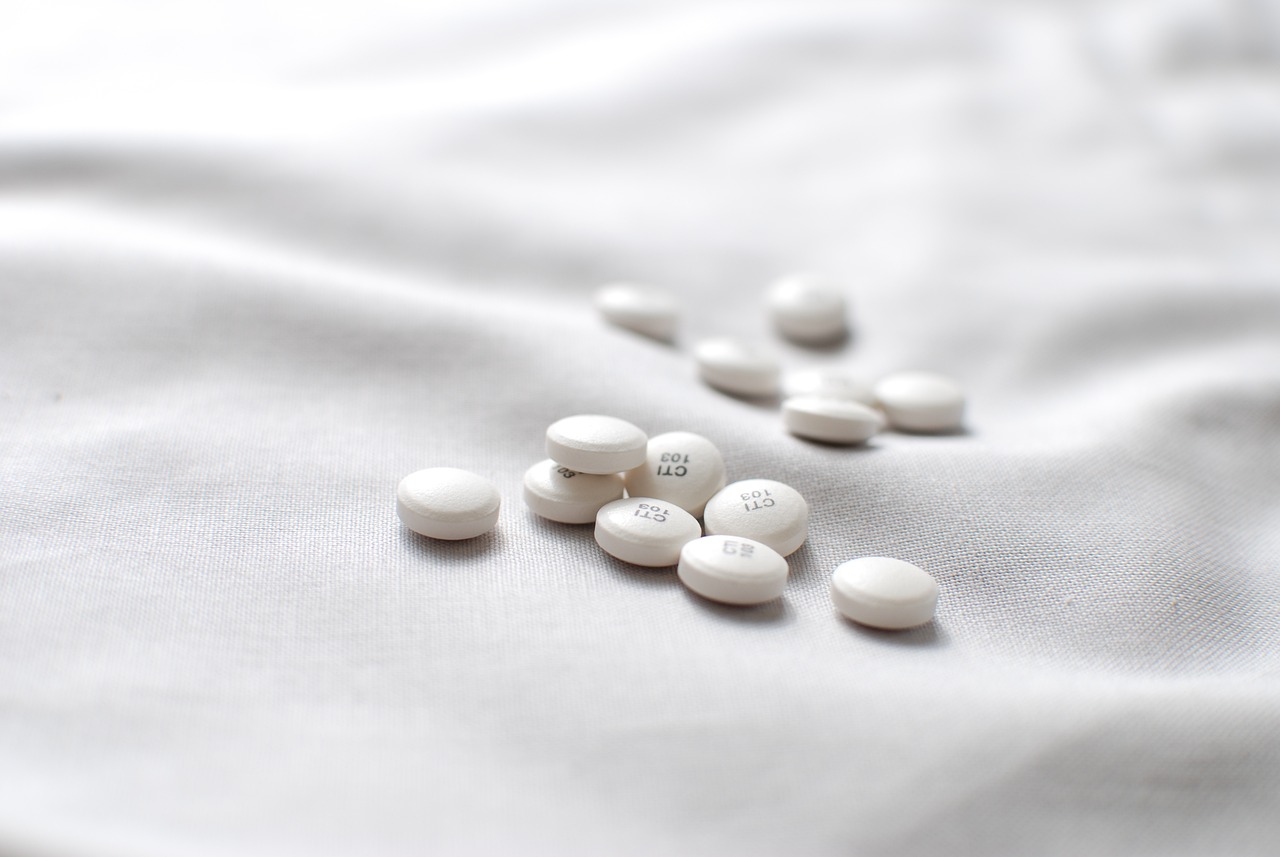In the ever-expanding world of skincare, skin supplements have become a go-to solution for achieving a radiant, youthful complexion. From collagen boosters to antioxidants, these supplements promise to enhance skin health from within. But with the market flooded with options, how do you know which products truly deliver on their promises? In this comprehensive guide, we’ll explore how to choose the best skin supplements, ensuring that you invest in high-quality, effective products that align with your skincare goals.
Understanding the Importance of Skin Supplements
Skin supplements are designed to work from the inside out, providing your body with essential nutrients that may be difficult to obtain solely through diet. They target specific skin concerns like hydration, elasticity, and overall complexion by supporting the skin’s natural functions. Whether you’re dealing with dry skin, acne, or the first signs of aging, there’s likely a supplement out there that can help.
However, not all supplements are created equal. The quality of the ingredients, the manufacturing process, and even the form of the supplement (powder, capsule, liquid) can significantly impact its effectiveness. That’s why it’s crucial to be an informed consumer, capable of spotting quality products that deliver real results.
Key Factors to Consider When Choosing Skin Supplements
1. Ingredient Quality
The efficacy of any skin supplement hinges on the quality of its ingredients. High-quality ingredients are typically derived from natural sources and are processed in a way that preserves their potency. When evaluating a supplement, look for the following:
- Sourcing: Ingredients should be sustainably sourced and free from harmful chemicals or contaminants. Organic and non-GMO certifications are good indicators of clean sourcing.
- Purity: The supplement should be free from fillers, artificial colors, and preservatives. These additives can dilute the effectiveness of the active ingredients and may cause unwanted side effects.
- Clinical Backing: Ingredients that have been clinically tested and proven effective add credibility to the supplement. Look for evidence-based ingredients like hyaluronic acid, marine collagen, or resveratrol, which have been extensively studied for their skin benefits.
2. Bioavailability
Bioavailability refers to the extent and rate at which the active ingredients are absorbed and utilized by the body. A supplement with high bioavailability ensures that your body receives the maximum benefit from each dose. Factors that influence bioavailability include:
- Formulation: Some ingredients, like Vitamin C, are more effective in certain forms. For instance, liposomal Vitamin C is encapsulated in fat cells, which enhances its absorption compared to traditional Vitamin C.
- Synergistic Ingredients: Some supplements are formulated with complementary ingredients that work together to enhance absorption. For example, pairing Vitamin D with Vitamin K2 improves the absorption and utilization of both vitamins, making the supplement more effective.
- Delivery Method: The form in which a supplement is consumed—whether as a pill, powder, or liquid—can also impact bioavailability. Liquid supplements generally offer faster absorption compared to capsules or tablets.
3. Dosage and Potency
The dosage and potency of a supplement determine how much of the active ingredient you’re actually getting in each serving. It’s important to ensure that the dosage is both safe and effective:
- Recommended Daily Allowance (RDA): The supplement should provide an adequate dose based on scientific research and the recommended daily intake for each ingredient.
- Potency: Be wary of supplements with excessively high doses, as they may lead to toxicity or adverse effects. Conversely, supplements with too low a dose may be ineffective. Aim for products that strike a balance, offering a dose that is potent enough to deliver results without compromising safety.
4. Third-Party Testing and Certifications
One of the most reliable ways to ensure the quality of a skin supplement is to look for third-party testing and certifications. These certifications indicate that the product has been independently tested for purity, potency, and safety. Common certifications to look for include:
- USP (United States Pharmacopeia): Ensures that the supplement contains the ingredients listed on the label in the declared potency and amounts.
- NSF International: Certifies that the product complies with strict standards for quality, safety, and label accuracy.
- GMP (Good Manufacturing Practice): Indicates that the supplement was produced in a facility that follows strict manufacturing guidelines to ensure product consistency and quality.
5. Transparency and Brand Reputation
When choosing a skin supplement, consider the reputation of the brand and its commitment to transparency. Reputable brands are forthcoming about their ingredients, sourcing practices, and manufacturing processes. They often provide detailed information on their websites, including:
- Ingredient Sourcing: Where and how ingredients are sourced.
- Manufacturing Standards: Whether the product is made in a GMP-certified facility.
- Clinical Studies: Access to research or clinical trials that support the product’s claims.
6. Customer Reviews and Testimonials
While not a definitive measure of quality, customer reviews and testimonials can provide valuable insights into the effectiveness of a skin supplement. Look for reviews on trusted platforms and consider both positive and negative feedback. Keep an eye out for:
- Consistency: Are there consistent reports of positive results, such as improved skin hydration or reduced fine lines?
- Adverse Effects: Have users reported any side effects? This can indicate potential issues with the supplement’s formulation or ingredient quality.
- Long-Term Benefits: Look for testimonials from users who have taken the supplement for an extended period. Long-term use can reveal more about the product’s efficacy and safety.
7. Personalization and Skin Type Considerations
Not all skin supplements are suitable for every skin type. Consider your specific skin concerns and choose supplements that address your needs:
- Dry Skin: Look for supplements that contain hyaluronic acid, omega-3 fatty acids, or ceramides, which help retain moisture and strengthen the skin barrier.
- Aging Skin: Collagen peptides, Vitamin C, and antioxidants like resveratrol are excellent choices for combating wrinkles and maintaining skin elasticity.
- Acne-Prone Skin: Opt for supplements with zinc, probiotics, and Vitamin A, which can help regulate oil production and reduce inflammation.
- Sensitive Skin: Choose supplements that are free from harsh additives and are specifically formulated for sensitive skin, such as those containing niacinamide or gentle antioxidants.
8. Consultation with Healthcare Professionals
Before starting any new supplement regimen, it’s advisable to consult with a healthcare professional, particularly if you have underlying health conditions or are taking medications. A dermatologist or nutritionist can provide personalized advice based on your skin type, health history, and skincare goals. They can also help you avoid potential interactions and ensure that the supplement is safe and effective for your needs.

Common Mistakes to Avoid When Choosing Skin Supplements
1. Falling for Marketing Hype
Many skin supplements are marketed with bold claims and celebrity endorsements. While these can be persuasive, they don’t always reflect the product’s quality or effectiveness. It’s essential to look beyond the marketing and evaluate the supplement based on its ingredients, formulation, and scientific backing.
2. Overlooking the Importance of Diet
While supplements can enhance skin health, they should not replace a balanced diet. Whole foods provide a wide range of nutrients that are essential for skin health, and supplements are most effective when used as a complement to a nutritious diet. Prioritize a diet rich in fruits, vegetables, healthy fats, and lean proteins, and use supplements to fill any gaps.
3. Ignoring Potential Allergens
Always check the ingredient list for potential allergens, especially if you have known food sensitivities or allergies. Common allergens in skin supplements include soy, gluten, and shellfish. If you’re unsure, choose hypoallergenic supplements or consult with a healthcare professional to avoid adverse reactions.
Conclusion: Making Informed Choices for Healthy Skin
Choosing the best skin supplements requires careful consideration of multiple factors, including ingredient quality, bioavailability, dosage, and brand reputation. By being an informed consumer, you can select high-quality supplements that genuinely support your skin health and align with your skincare goals.
Remember, supplements are just one piece of the skincare puzzle. A holistic approach that includes a balanced diet, proper hydration, and a consistent skincare routine is key to achieving and maintaining a healthy, radiant complexion. With the right supplements and a mindful approach to skincare, you can enhance your skin’s natural beauty and achieve lasting results.





